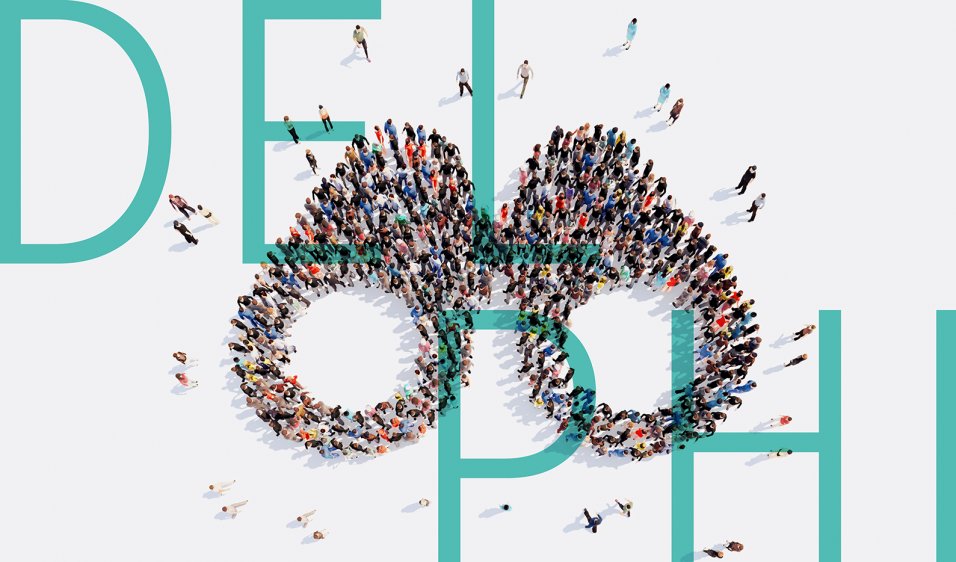Delphi: Bridging Evidence Gaps and Embracing Diverse Perspectives
In the world of decision-making, organizations often face complex and uncertain situations where data is scarce or hard to qualify. In these situations, expert consensus can be a beacon of hope to guide organizations through the fog of uncertainty. When leadership itself struggles to define the ‘right’ course of action or followership is in turmoil, a structured approach to incorporate external expert perspectives can help set sail in stormy sea.
Expert consensus is instrumental in filling data gaps, evaluating vast data sets, and reducing uncertainty. But how can organizations synthesize diverse perspectives into a coherent whole? A key strategy lies in fostering well-managed discourse.
By creating an environment that promotes open communication, active listening, and constructive debate, organizations can synthesize a wide range of viewpoints into a coherent and comprehensive understanding of complex issues.
Effective discourse can be achieved through well-prepared and thought-through exchanges in the form of workshops. Organizations must ensure that these discussions are structured and facilitated with care, allowing for equal participation and respectful interactions. The goal of well-managed discourse is to identify common ground, reveal potential blind spots, and ultimately arrive at a result that integrates diverse perspectives in a meaningful way. As experts engage in these discussions, they refine their understanding of the problem, challenge assumptions, and collectively work towards an informed decision.
Delphi: The Compass for Expert Consensus
The Delphi method is a powerful approach to consensus-building that capitalizes on the potential of well-managed discourse. Assembling a group of experts in a particular field, Delphi allows to develop a collective opinion through a structured process of feedback and refinement. Since its inception in the 1950s, Delphi has been employed across various domains, including healthcare, administration, and business, proving its worth in establishing clinical guidelines, prioritizing research topics, and shaping policy decisions. The results have been published in peer-reviewed journals and accepted by authorities such as the European Commission or the Federal Joint Committee (G-BA), an organization for medical benefit assessments in Germany.[1][2]
The method stands out for its structured process that systematically cultivates expert consensus, eliminating reliance on chance or dominant voices. By engaging experts in a reciprocal feedback cycle, Delphi refines the findings and generates a more nuanced understanding of complex issues, leading to agreements that surpass mere data collection.
The Delphi method unfolds in consecutive, interconnected steps, generally involving at least three phases to reach conclusive results: 1) Generation, 2) Refinement, and 3) Consensus Building.
Adapting the Delphi method to the question at hand is essential for success, blending quantitative and qualitative elements for a broad range of applications. It supports defining and legitimizing a course of action in fields of uncertainty. Delphi can also be combined with other methods, such as scenario planning, to provide a holistic understanding of future developments.
Expert consensus helps to gain followership for leadership decisions in organizations as it provides insights and legitimacy for actions – especially in fields where data or information is scarce or contradictory; or in micropolitical situations where different parties struggle for the right solution or even for the ‘right’ definition of the problem. Delphi as a process has proven to civilize conflicts of that sort. It incorporates external expert perspectives and represents a formal and objectivizing process to base decisions on.
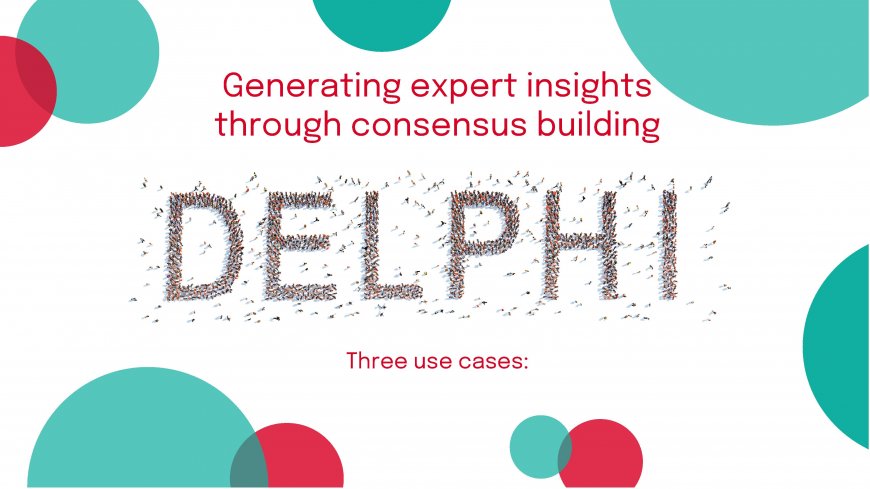
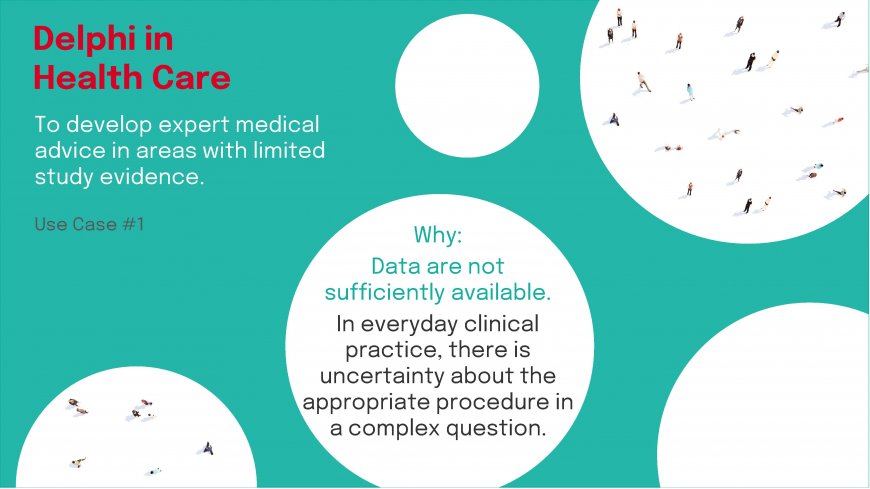
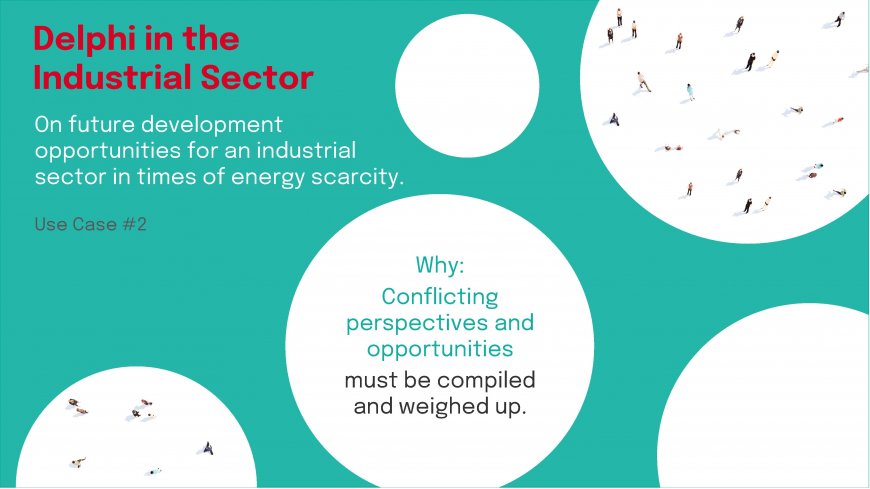
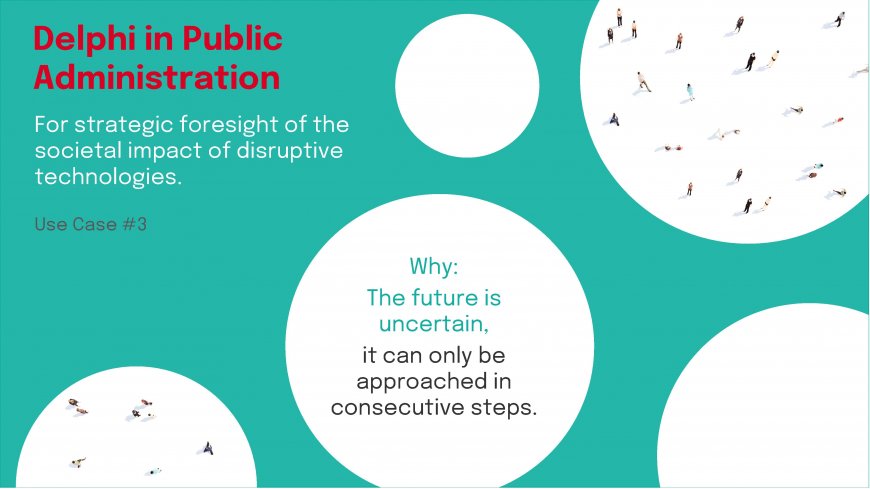
In Conclusion: Welcome Delphi and Chart a Course Toward Expert Consensus
The Delphi method is an invaluable tool for attaining expert consensus in scenarios where evidence gaps exist. By offering a systematic process for consolidating diverse perspectives through well-managed discourses, Delphi helps reduce uncertainty and generate a more nuanced understanding of complex problems. Embrace the Delphi method and navigate your organization toward more informed decisions, one expert consensus at a time.
[1] Publications Office of the European Union (2020): The Future of Customs in the EU 2040: Results from a Real-time Delphi survey, DOI.
[2] Kohlscheen KM, Jacob C, Altevers J, Mittendorf T (2017): Utilization and Evaluation of Delphi Panels In German Amnog Assessments, DOI.
